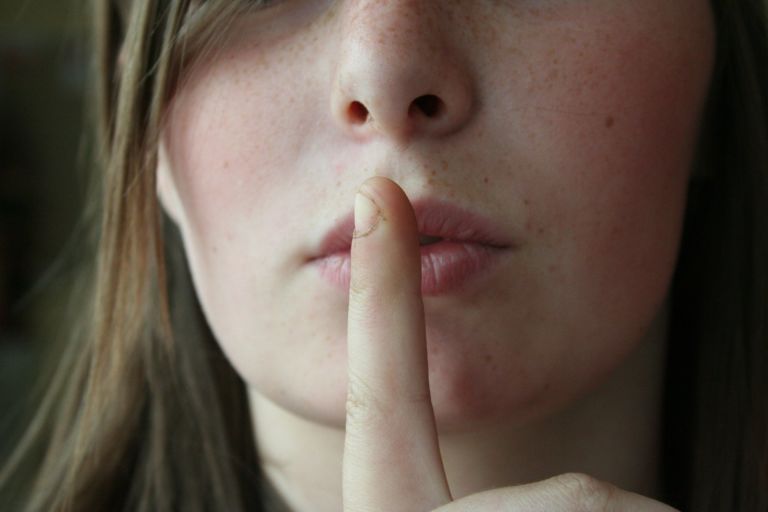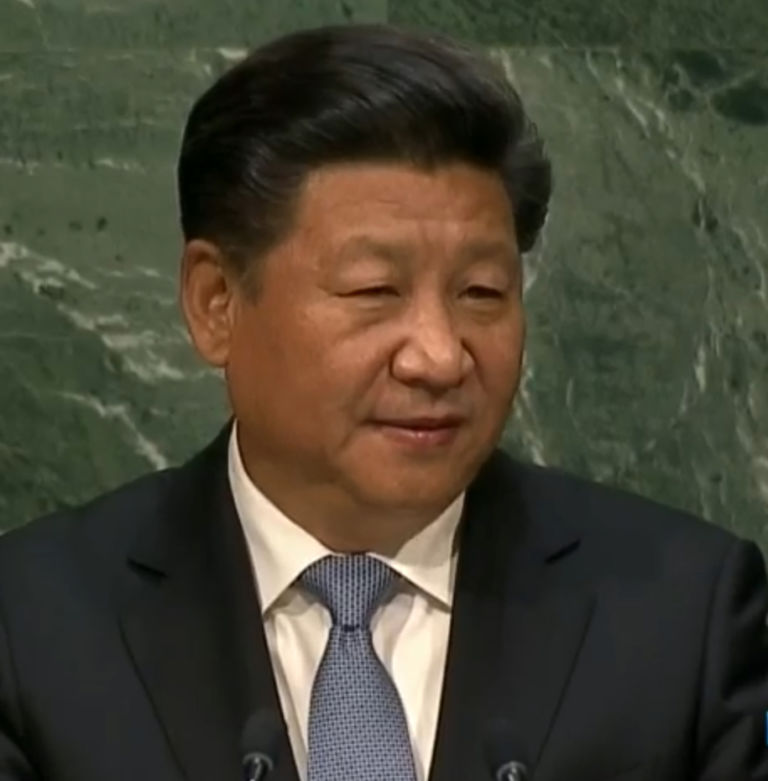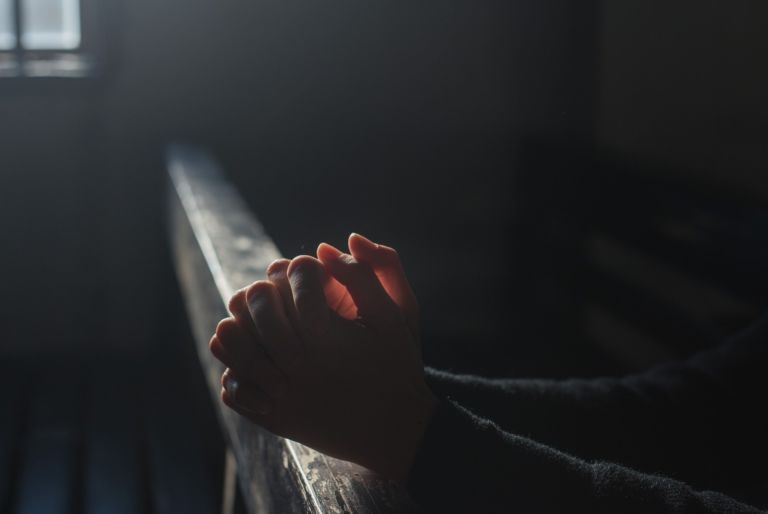Stanley Kurtz of National Review Online places the recent attack on writer Salman Rushdie in perspective.
Salman Rushdie is just off a ventilator, likely to lose an eye, body pierced, and still struggling with serious injuries. His alleged assailant is reportedly “sympathetic to the Iranian government” and to “Shia extremism more broadly.” On the one hand, the Iranian connection makes this attack seem like a foreign intrusion into America’s bastion of freedom. After all, the topic of the talk Rushdie was about to deliver when he was assaulted was “the United States as a safe haven for exiled writers.” On the other hand, the attack on Rushdie cannot help but raise questions about the crisis of free speech in America — that is to say, about our own retreat from liberty. The connection is profound.
My thoughts go back 33 years to a panel discussion on the furor over Rushdie’s novel, The Satanic Verses, held at the Brattle Theater in Cambridge, Massachusetts. That 1989 event was the first time I had ever experienced a security check (package inspection and likely metal detectors as well). With security screening now commonplace, it’s hard to imagine a time when such a thing was both unprecedented and shocking. …
… When the Rushdie affair took off in early 1989, America’s campus culture wars had only just begun. Although I was riveted by both controversies, I would not have connected them at the time. What was then called political correctness (now called “woke”) seemed to be something of a different order than the command of a religious ruler to execute a literary figure in the name of the Muslim faith.
Yet the professors who kicked off the campus culture wars did see a link. They argued that globalization requires us to demote or abolish the Western civilization narrative. Eurocentrism must go, they said, since the sensitivities of ethnically non-Western students were on the line.


